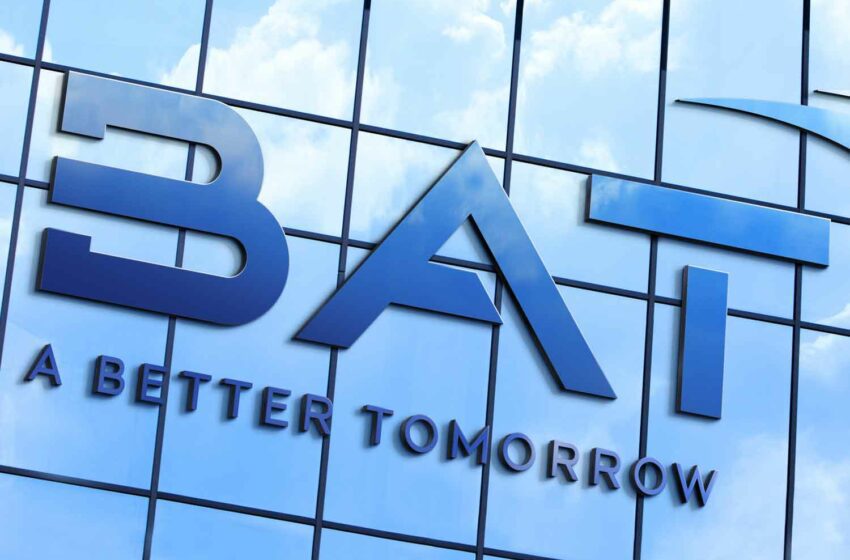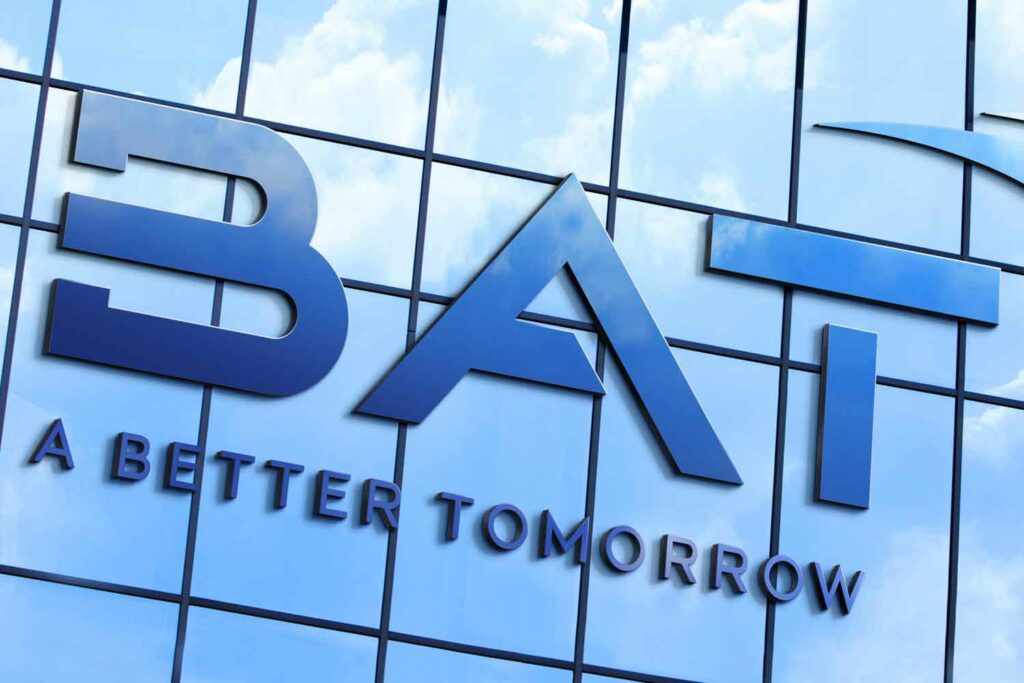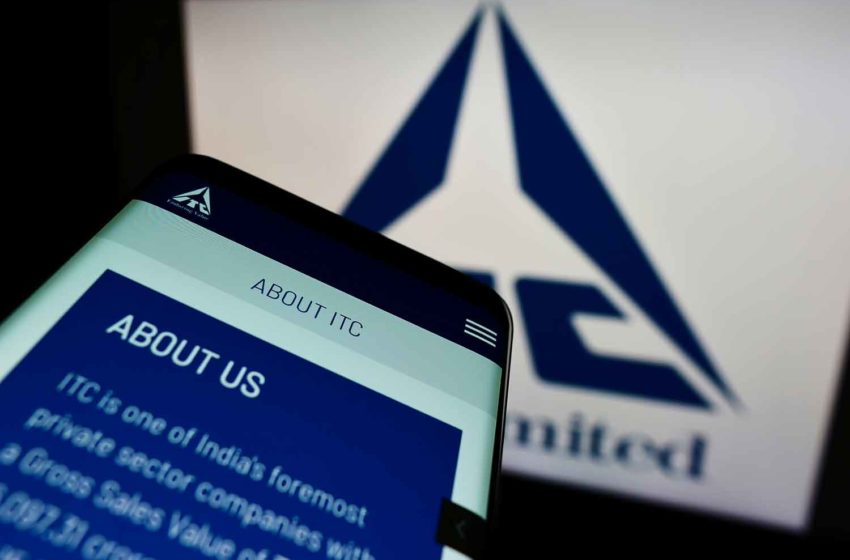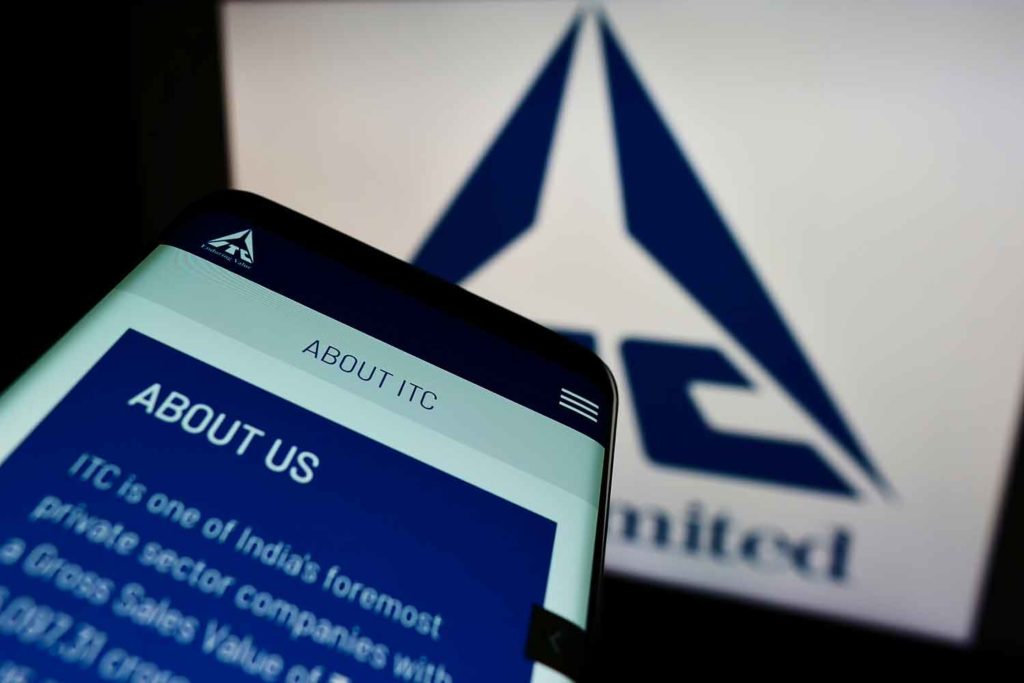Biodiversity in the tobacco and nicotine industry
By Eirini Vlanti
While biodiversity is quickly becoming the new climate change in terms of the growing recognition of and urgency around this topic, it presents significant challenges for companies whose business relies on nature.
According to the 2023 Global Risks report by the World Economic Forum, biodiversity loss and ecosystem collapse are the main risks that will appear in a 10-year horizon. With half the world’s GDP highly dependent on nature, we can now see the same trend of goals, target-setting and regulations that were created to address climate change happening to address nature loss but much faster.
Because climate change and biodiversity are highly interconnected, it is difficult to address climate change without taking biodiversity into consideration. Any company relying on agricultural production strongly depends on nature resources and ecosystem services. Discussing how to halt and reverse nature loss is key to securing a resilient supply chain.
Investors are also paying ever greater attention to biodiversity in terms of their assessment of a company’s ESG risks. Investors have different levels of understanding and ambition when it comes to nature. BAT aspires to shape the narrative together with investors, utilizing the available supporting tools, frameworks and data.
In addition, biodiversity-related reporting requirements are growing, demanding that companies dedicate significant resources to this. In 2023, for example, BAT plans to start disclosures aligned with the Taskforce for Nature Related Disclosure while working through water and land guidance for target-setting aligned with the Science Based Target Network. Both frameworks are important tools to standardize the way companies report and enable companies and investors to have greater insights.
Both these frameworks are currently voluntary, but they are already starting to feed into standards, and we are seeing the first signs of these approaches being encapsulated in law, for example through the EU’s Corporate Sustainability Reporting Directive. The EU has started engaging with the main workstreams around this, and its laws are likely to influence legislation in other jurisdictions.
The proliferation in sustainability requirements can also contribute to potential ESG reporting “fatigue.” My view is that biodiversity is nothing new; it is a way to address existing climate change commitments and environmental risks. Since the external environment shows biodiversity is an emerging topic to follow, companies need to decide whether they wait for regulations to enter into force or get ahead by exploring and understanding the topic before that happens.
At BAT, as with any other material topic as identified through our double materiality assessment, we define what “good” looks like, set our ambition and then resource it accordingly. Sustainability is such a wide topic that each company needs to continuously and ruthlessly prioritize its focus area and create a roadmap to deliver against it. Biodiversity is no different.
We began with assessing the materiality of biodiversity loss by conducting a Biodiversity Footprint Analysis as well as Geospatial Biodiversity Risk Assessment in 2022, combining different aspects of biodiversity to classify the farms of our directly contracted farmers as low risk, medium risk or high risk to biodiversity. This exercise supported us on designing and implementing more than 700 Biodiversity Management Plans together with our farmers for the farms that were classified as high risk. This has been a great educational tool for the farmers and our field technicians, and at the same time it provided guidance, based on data, as to where we should be putting more efforts.
There are major differences, however, in terms of how we adapt our approach to the varied challenges in each region. Unlike climate change, where the ultimate metric is greenhouse gas emissions, there is no equivalent metric to measure biodiversity. Challenges in nature are location-specific, and an adverse action for biodiversity can have different impacts depending on the location and the significance of the ecosystem. Nature is not only our home but also the home of countless plants, trees, animals and insects.
When we started looking at biodiversity in this way, it became clear to us the importance of working with local stakeholders, communities and experts to make the most out of every initiative. In the case of forests and biodiversity, we have a long history of community-based afforestation programs. Here, our role has been to transform those initiatives to demonstrate that they are far more than just “corporate engagement.” For example, Bonayan in Bangladesh, a program spanning more than 40 years, supplied over 100 million saplings to the local communities during that period. The program, which currently has 18 afforestation, biodiversity and conservation initiatives in 13 countries, is now moving into Bonayan 2.0 to expand its impact on nature.
Through our integrated production system, we have been working with the farmers to protect biodiversity and forest resources, training them on sustainable agricultural practices and monitoring the sustainability of the wood used for curing.
BAT is making progress, though we anticipate much more work ahead to address biodiversity challenges. I predict soil conservation—marked on Dec. 5 each year by the United Nations’ World Soil Day—will become a key area of importance in biodiversity. The millions of organisms that live within soil support habitats for all species and life forms. The mindset that biodiversity is a philanthropic activity needs to change—biodiversity is not a “nice to have”; it is a “must have” to achieve prosperity in the future for the environment and society and to continue supporting our needs in the years to come. Simplification and alignment of metrics is also necessary; we cannot improve something we cannot measure.

























